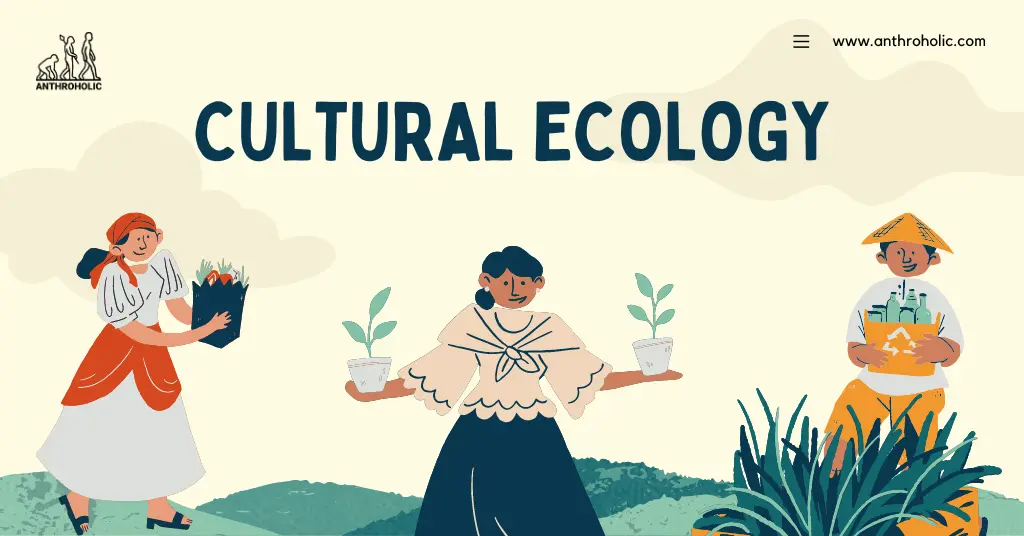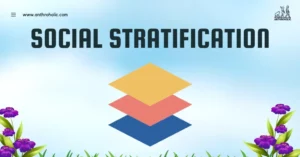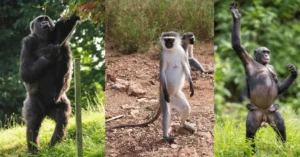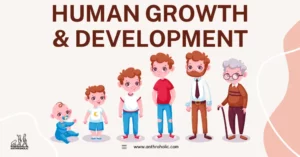AI Answer Evaluation Platform Live Now. Try Free Answer Evaluation Now
Cultural Ecology
Cultural ecology is a multifaceted concept that resonates across various disciplines, weaving a rich tapestry of insights about the interplay between human cultures and their ecological surroundings. It embodies the complex relationships, adaptations, and feedback mechanisms that exist between societies and the environments they inhabit. Rooted in anthropology, cultural ecology emerged as a theoretical framework to explore how human populations adapt to their surroundings and how this adaptation shapes both cultural practices and environmental processes [1].

Historical Background
Origin and Early Development
Cultural ecology emerged in the mid-20th century as a reaction to previous anthropological paradigms that often overlooked the importance of environmental factors [2]. Julian Steward, a key figure in this field, developed the concept of “cultural core,” which is essential to understanding cultural ecology [3].
Evolution and Modern Perspectives
Over time, the framework of cultural ecology has evolved and become more complex. Contemporary cultural ecologists have integrated aspects from fields such as geography, biology, and sociology to enrich the understanding of human-environment interactions [4]. Table 1 summarizes these changes.
Table 1: Evolution of Cultural Ecology
| Period | Key Concepts | Influential Scholars |
|---|---|---|
| Mid-20th Century | Cultural Core | Julian Steward |
| Late 20th Century | System Theory | Roy Rappaport |
| 21st Century | Sustainability | Leslie White |
Core Concepts
Cultural Adaptation
Cultural adaptation refers to the process by which cultures adjust and evolve in response to environmental challenges and changes. This concept is central to cultural ecology as it focuses on the dynamic interplay between culture and nature.
Human-Environment Interaction
Understanding the intricate relationships between humans and their environment is a critical aspect of cultural ecology. This involves analyzing how human behavior influences environmental processes and vice versa.
Cultural Ecology in Practice
Case Studies
Cultural ecology has been applied in various contexts to understand specific phenomena. Some noteworthy applications include the study of agricultural practices in the Andes, water management in the Middle East, and urbanization in modern cities.
Implications and Critiques
While cultural ecology has provided valuable insights, it has also faced criticism for sometimes oversimplifying complex human-environment interactions. Critics argue that cultural ecology may disregard social and political factors in favor of ecological determinism.
Methodological Approaches
Systems Theory Approach
Applying a systems theory approach to cultural ecology allows for the recognition of feedback loops, complex interactions, and emergent properties within human-environment relationships. This has led to more nuanced understandings of ecological processes and cultural practices.
Landscape Analysis
Landscape analysis takes a spatial approach to cultural ecology, focusing on the ways in which physical landscapes shape and are shaped by human activities. This includes examining land-use patterns, resource allocation, and human impacts on the environment.
Global Perspective
Climate Change and Cultural Responses
Cultural ecology is becoming increasingly relevant in the context of global climate change. Analyzing how different cultures perceive, adapt, and contribute to climate change can provide critical insights into global mitigation and adaptation strategies.
Indigenous Knowledge and Practices
The wisdom and practices of indigenous peoples around the world are often aligned with the principles of cultural ecology. A recognition of these practices can enhance both our understanding of sustainable living and the efforts to preserve indigenous cultures.
Table 2: Key Global Themes in Cultural Ecology
| Themes | Description | Examples |
|---|---|---|
| Climate Change | Cultural responses to climate variations | Arctic communities |
| Indigenous Knowledge | Preservation and application of native wisdom | Amazonian tribes |
Conclusion
Cultural ecology offers a rich and multifaceted lens through which to study the interconnectedness of culture and environment. Despite some criticisms, its continued application and development promise to deepen our understanding of how humans shape, and are shaped by, their ecological surroundings.
References
[1] Steward, J. H. (1955). Theory of Culture Change: The Methodology of Multilinear Evolution. Urbana: University of Illinois Press.
[2] Bates, D. G., & Lees, S. H. (1996). Case Studies in Cultural Ecology. Prentice Hall.
[3] Steward, J. H. (1972). The Concept and Method of Cultural Ecology. Stanford University Press.
[4] Rappaport, R. A. (1968). Pigs for the Ancestors: Ritual in the Ecology of a New Guinea People. New Haven: Yale University Press.




